By Blaine Taylor
The arrival of Vyacheslav M. Molotov, the People’s Commissar for Foreign Affairs of the Soviet Union, in Berlin on a rainy November 12, 1940, was a solemn, strained occasion. Compared to the whirlwind visit of Nazi Foreign Minister Joachim von Ribbentrop to Moscow on August 23, 1939, which resulted in the German-Soviet Non-Aggression Pact, there was little gaiety at the Anhalter railroad station that day.
Grim-faced, the bullet-headed, stammering little man with the glinting pince-nez perched on his nose reviewed a German Army honor guard with von Ribbentrop and Field Marshal Wilhelm Keitel, both of whom he would live to see hanged six years later at Nuremberg.
“Mediocrity Incarnate”
The man whose last name alias meant “hammer” in Russian to Stalin’s own “steel” and for whom the facetious Finns named their anti-armor gasoline bomb in the famed Winter War of 1939-1940 had been sent to Berlin to make demands of Nazi dictator Adolf Hitler. What did the Führer mean to do in Eastern Europe opposite the new Soviet frontier with Nazi Germany? What would be the place of the Soviet Union in the Axis Pact? There were more demands, too.
According to an eyewitness, German Foreign Office interpreter Dr. Paul Schmidt, “Little time was wasted on formalities…. The representatives of Germany and Soviet Russia went for hard, expert boxing…. The questions hailed down upon Hitler. No foreign visitor had ever spoken to him in this way in my presence…. Hitler did not jump up and rush for the door…. He was meekly polite….”
Later, when the two delegations had to retreat famously to an air raid shelter during a British Royal Air Force attack, Molotov sarcastically ridiculed von Ribbentrop’s assertion that Great Britain had already lost World War II and was as good as finished: “If that is so, then why are we in this shelter, and whose are those bombs that are falling on us?”
It was, indeed, this fateful state visit that finally convinced Hitler to assault the gigantic Soviet Union the following June and that led, ultimately, to the destruction of the Third Reich.
After the war, Josef Stalin’s right-hand man, a former leader of the Red purges of the 1930s and 1940s whom early Bolshevik leader Leon Trotsky called “mediocrity incarnate,” became one of the prime hard-liner architects of the Cold War between the former victorious Allies of East and West.
In a notable argument with President Harry S. Truman on April 22, 1945, Molotov asserted the Soviet positions on Poland, Allied control of Japan, the opening of the postwar San Francisco Conference, the United Nations Charter, and the veto power of that new body’s security council.
After one particularly heated exchange, the man who had stood down Hitler was famously checkmated himself by the little haberdasher from Missouri, and he retorted angrily, “I’ve never been talked to like that in my life!” Truman tartly answered, “Carry out your agreements, and you won’t get talked to like that!”
In his post-White House memoirs, Truman assessed his adversary thus: “I often felt that Molotov kept some facts from Stalin, or that he would not give him all the facts until he had to. It was always easier to get agreement out of Molotov than out of Stalin. Where Stalin could smile and relax at times, Molotov always gave the impression that he was constantly pressing.”
To Dr. Schmidt, “This rather short Russian with his lively eyes … constantly reminded me of my mathematics master,” with “a rather frosty smile over his intelligent chess master’s face…. In his precise diplomacy, he dispensed with flowery phrases …”
Molotov’s Banishment
In the end, even the ruthless Soviet dictator Stalin feared the poker-faced, stonewalling old Bolshevik who had come to office with him and Lenin in 1917, accusing him of being in U.S. employ as a traitor to the Soviet Union. Stalin also accused Molotov’s Jewish wife, Paulina Z. Zhemchosina Molotov, of being a secret Zionist who wanted a Jewish Soviet Republic.
Thus, while grimly waging the Cold War with the West, Molotov had to accept his wife being sent into exile and jail and did not know whether she was alive or dead. He was not without human emotion, however, as his colleague and rival Nikita S. Khrushchev discovered when Madame Molotov was released after Stalin’s death in March 1953. “Molotov was overjoyed that she was still alive and threw himself into her arms.”
Molotov “blew his stack” at Krushchev’s collective farm policy and formed the famed Anti-Party Group that attempted to oust Khrushchev, but was himself demoted instead. Banished to the farthest Soviet diplomatic post of Ulan Bator in Outer Mongolia, Molotov resurfaced briefly in 1961 in his capacity as Soviet representative to the International Atomic Energy Commission to to help welcome U.S. President John F. Kennedy to the Vienna Summit Conference.
During Khrushchev’s de-Stalinization period, however, Molotov became a pariah-like “unperson,” even losing his Communist Party card in 1964. Krushchev was also deposed that same year by his own underlings and died in exile in 1970. When Madame Molotov died that year, her Moscow funeral in May was one of her disgraced husband’s last public appearances. However, he lived long enough to regain his Party membership card in 1984, after 20 years.
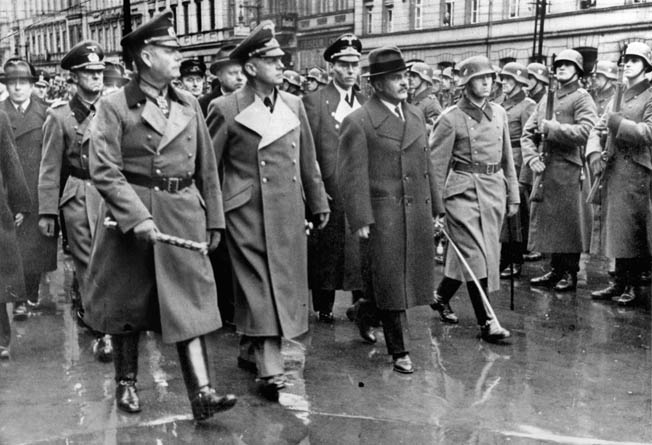
The State Department’s Assessment of Molotov
In 1957, the U.S. State Department’s Division of Biographic Information offered a public assessment of Molotov: “Molotov, Vyacheslav Mikhaylovich [Russian for son of Michael]. A First Deputy Premier since 1941, Molotov has been Minister of State Control since November 1956, but he is best known for his long career as foreign minister (1939-49; 1953-56)…. He has been a Bolshevist since 1906.
“Party chief in the Ukraine in 1920, he was Responsible Secretary Central Committee in 1921, when replaced by Stalin. He remained, however, a Party Secretary until Premier in 1930 when he was again replaced by Stalin in 1941. He was also a member of the Comintern/Communist International Executive Committee from about 1926 onward.
“Congenial, sometimes bouyant toward his Western colleagues outside the conference room, Molotov proved disputatious, tenacious, and occasionally vitriolic, a master of the art of maneuver, at the meeting table. [British Prime Minister Winston] Churchill called him ‘a man of outstanding ability and cold-blooded ruthlessness…. His cannonball head, black moustache, and comprehending eyes, his slab face, his verbal adroitness, and imperturbable demeanor were appropriate manifestations of his qualities and skill. He was above all men fitted to be the agent and instrument of an incalculable machine.’
“John Foster Dulles wrote in 1949, ‘I have seen in action all the great international statesmen of this century…. I have never seen such personal and diplomatic skill at so high a degree of perfection as Mr. Molotov’s.’”
“Mr. Iron Pants”
Awarded every possible high Soviet decoration, including five Orders of Lenin, Molotov, according to the Baltimore Evening Sun on May 26, 1976, “returned quietly to Moscow at his retirement on a $400 monthly pension … to the same apartment he had always occupied, two blocks west of the Kremlin.” His funeral in 1986 was paid for out of the total of his long life’s savings: 500 rubles.
Like the dead Krushchev, who allowed his taped, two-volume, post-power memoirs to be smuggled to the West, Molotov, too, had his own recorded from 1969 to 1986 by an interviewer posing questions that he, in turn, answered. The result was Molotov Remembers: Inside Kremlin Politics/Conversations with Felix Chuev, published by Ivan R. Dee in English in 1993. Repetitive at times because the interviewer, a Russian poet and biographer, interviewed his loquacious subject several times on the same topics, it is still an outstanding volume in all respects and well worth the read.
“Not everything has happened as we thought it would,” admitted Molotov, the last survivor of the top Soviet leadership of the Russian Revolution and Civil War, the Stalinist purges, World War II, and the Korean and Cold Wars. He had outlived Lenin, Stalin, and Khrushchev and survived to tell the tale, a true rarity in the Soviet hierarchy.
A cofounder of the Soviet newspaper Pravda, Molotov also revealed that he thought that Stalin was actually “soft” when compared with the far more radical Lenin, who in return had called Molotov “old stone ass” and “Mr. Iron Pants” for his reputed ability to sit throughout long, boring Party meetings.
Molotov in the Russian Civil War
Born on March 9, 1890, as V.M. Scriabin in the village of Kukarka, Molotov attended secondary school at Kazan and joined the Bolshevik faction of the Russian Social Democratic Labor Party at 16, taking the alias “hammer” (molot in Russian) before 1909, when he was first arrested and exiled for two years in Siberia. Released in 1911, he enrolled at the St. Petersburg Polytechnic School. It was at Pravda that he reportedly encountered the young Josef Stalin. Arrested again in 1913, Molotov was shipped off to exile to Irkutsk but escaped in 1915, returning to the czarist capital once more.
Molotov played a major role in the February Revolution of 1917 that helped overthrow Czar Nicholas II, as he did again that November when the Bolsheviks in turn ousted the provisional government of Premier Alexander Kerensky. Thereafter, the man who played tennis and performed in a mandolin quartet for relaxation rose rapidly to power at the side of, first, Lenin and then the dour Stalin, particularly during Stalin’s long struggle against his archrival, the winner of the Russian Civil War, Leon Trosky. One of the anecdotes from Molotov Remembers related that when the car in which he and Lenin had been riding suffered a flat tire the local peasant farmers failed to even recognize the great Lenin in their midst.
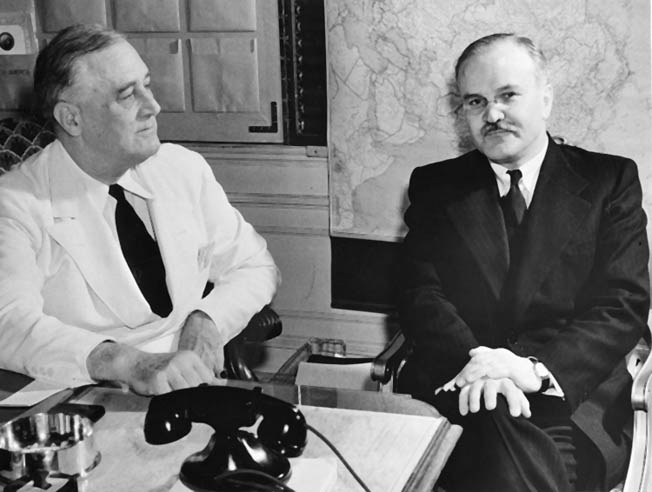
Molotov Remembers
About the Great Purge—he was the cosigner with Stalin of countless death sentences—Molotov, a master of understatement, recalled wistfully, “We occasionally bashed some heads. I can see Lenin now as if he were alive. The fact that Stalin was his successor was very fortunate… I think that he was a great person.
“Twice in my life I called Stalin a genius…. At the pinnacle, Stalin alone stood out. The more they assail him, the higher he rises! Let us assume that he made some mistakes…. In his time, there was no equal!… Many errors were committed—many…. Hitler wasn’t a fool, but was a capable man.”
Regarding his own long stewardship in office and out, he stated, “I know not a single foreign language…. This was my main shortcoming in diplomacy…. I was a bad husband. I had no time to take her to the movies.”
In 1943, in the very middle of the Great Patriotic War against the Nazis, Stalin thought enough of Molotov, his hammer, to place him at the head of the secret Soviet atomic bomb project.
Molotov recalled in the 1993 Molotov Remembers, “The bombs dropped on Japan were aimed at the Soviet Union…. According to American plans, 200 of our cities would be subject to simultaneous atomic bombing…. If the U.S. had A-bombed us in 1946, the Red Army would have landed in Alaska.”
Stalin, before his death, replaced Molotov in charge of atomic weaponry development with his dreaded NKVD secret police chief, Lavrenti Beria, as near the end he was becoming ever more paranoid and delusional regarding Molotov’s suspect loyalty. Until then, for some 27 years, the Hammer had been recognized generally as his master’s eventual successor, but it never happened.
Wrote American author John Gunther in 1938: “Molotov has a fine forehead and looks and acts like a French professor of medicine— orderly, precise, pedantic. He is … a man of first-rate intelligence and influence. Molotov is a vegetarian and a teetotaler. Stalin gives Molotov much of the dirty work to do.”
Molotov was, however, politically outmaneuvered by Khrushchev from within the top ranks of the party, just as Stalin had done to Trotsky a quarter century before.
Four Years Short of a Century
The unrepentant old Stalinist died at age 96 on Sunday, November 9, 1986, falling just four years short of the century he had hoped to see. The man had carried the caskets of both Lenin and Stalin, fought the last Russian czsar, and had been present at the creation, as Dean Acheson said, of the founding of the Soviet Union. It outlasted him by only five more years. Reportedly, Stalin’s death more than 30 years earlier had saved Molotov’s own life from an expected future Great Purge.
Finnish-American reporter Antero Pietila covered Molotov’s funeral in Moscow for The Sun newspaper on November 13, 1986: “Mr. Molotov’s final resting place is near the site where Stalin’s wife—Nadeszhda Alliluyeva— was buried after she committed suicide in 1932. She was a good friend of Mrs. Molotov.”
Perhaps the most fitting final word on Molotov’s career came from Churchill: “In the conduct of foreign affairs, Mazarin, Talleyrand, and Metternich would welcome him in their company, if there be another world to which Bolsheviks allow themselves to go.”
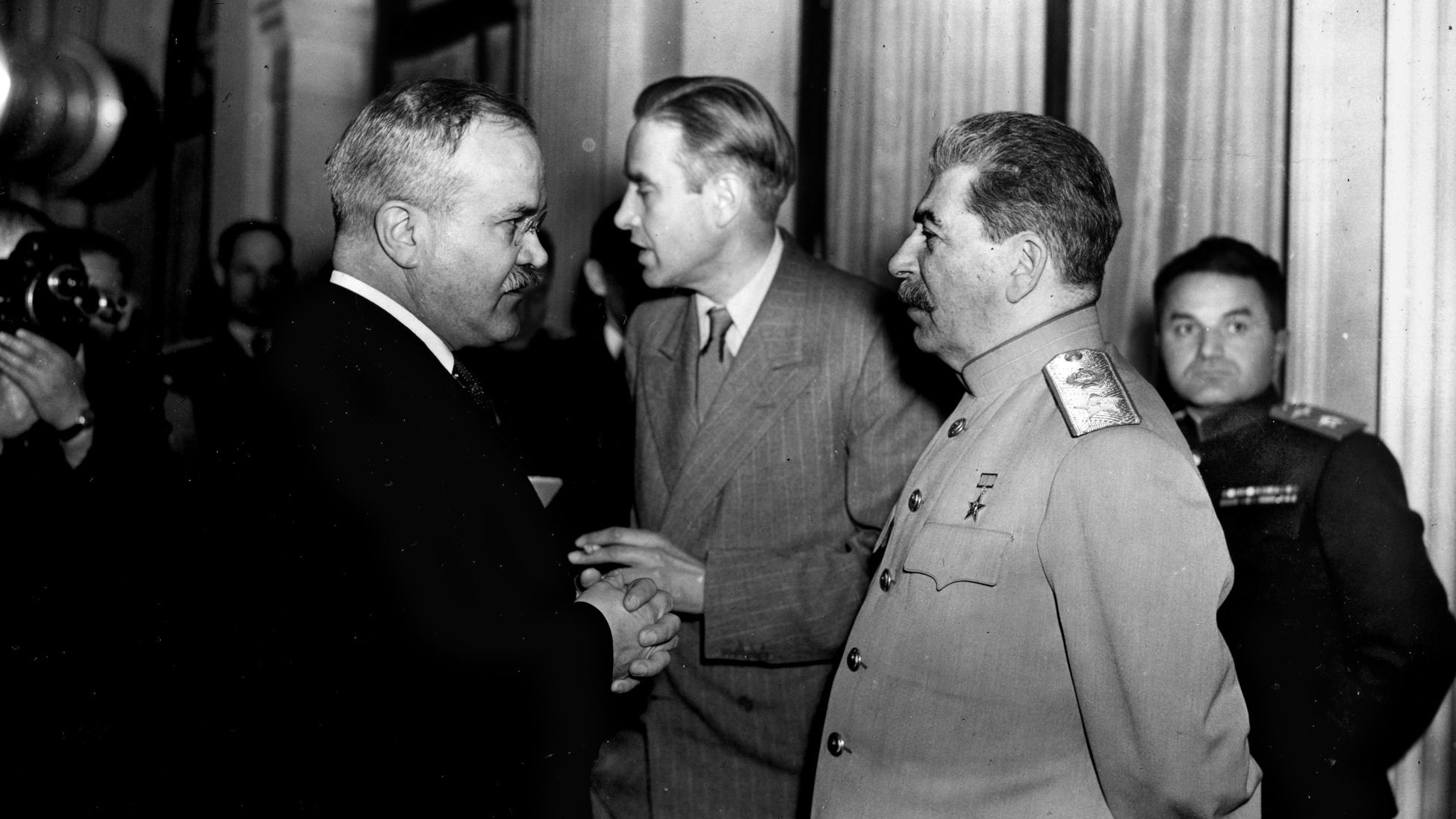
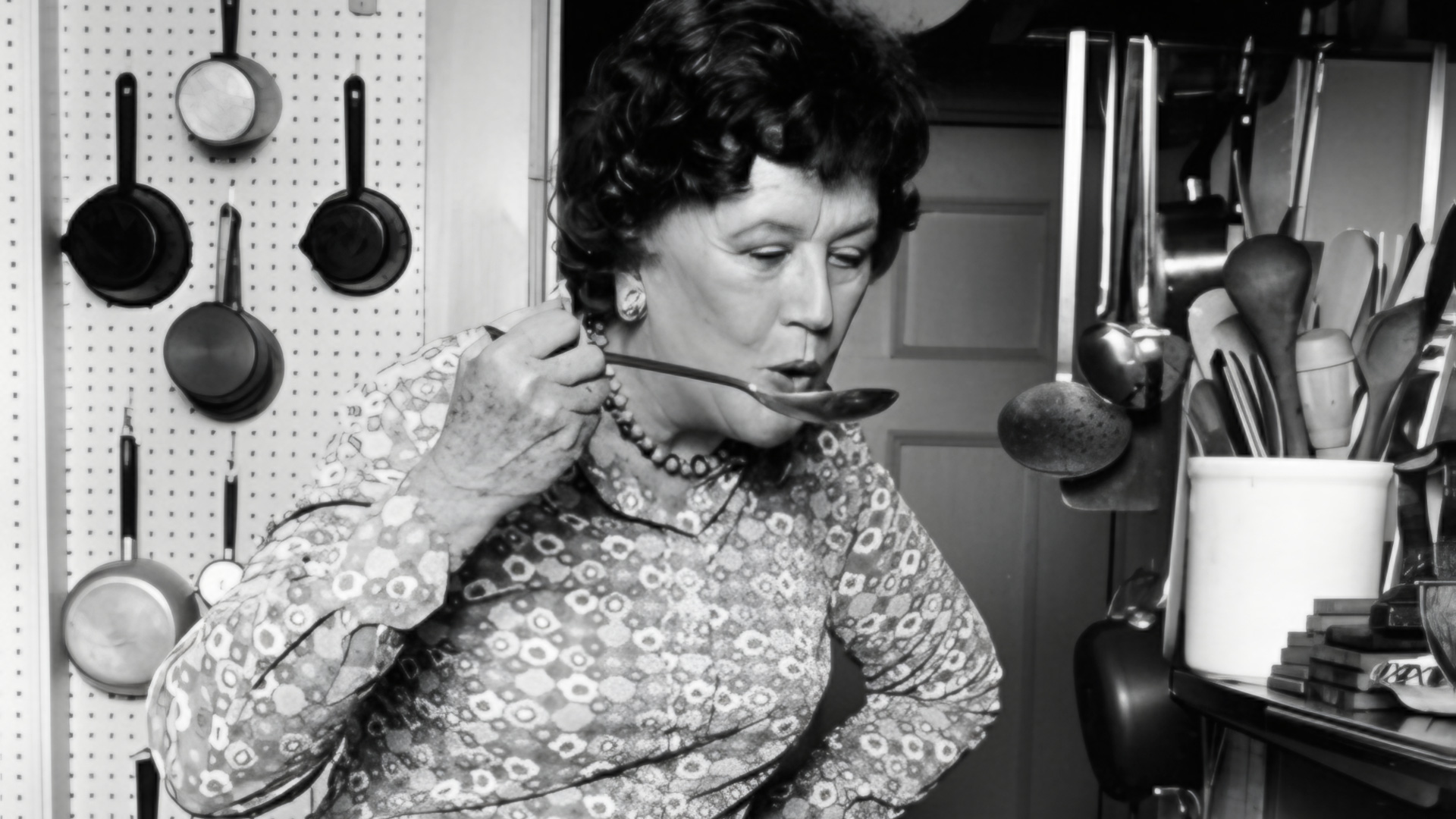
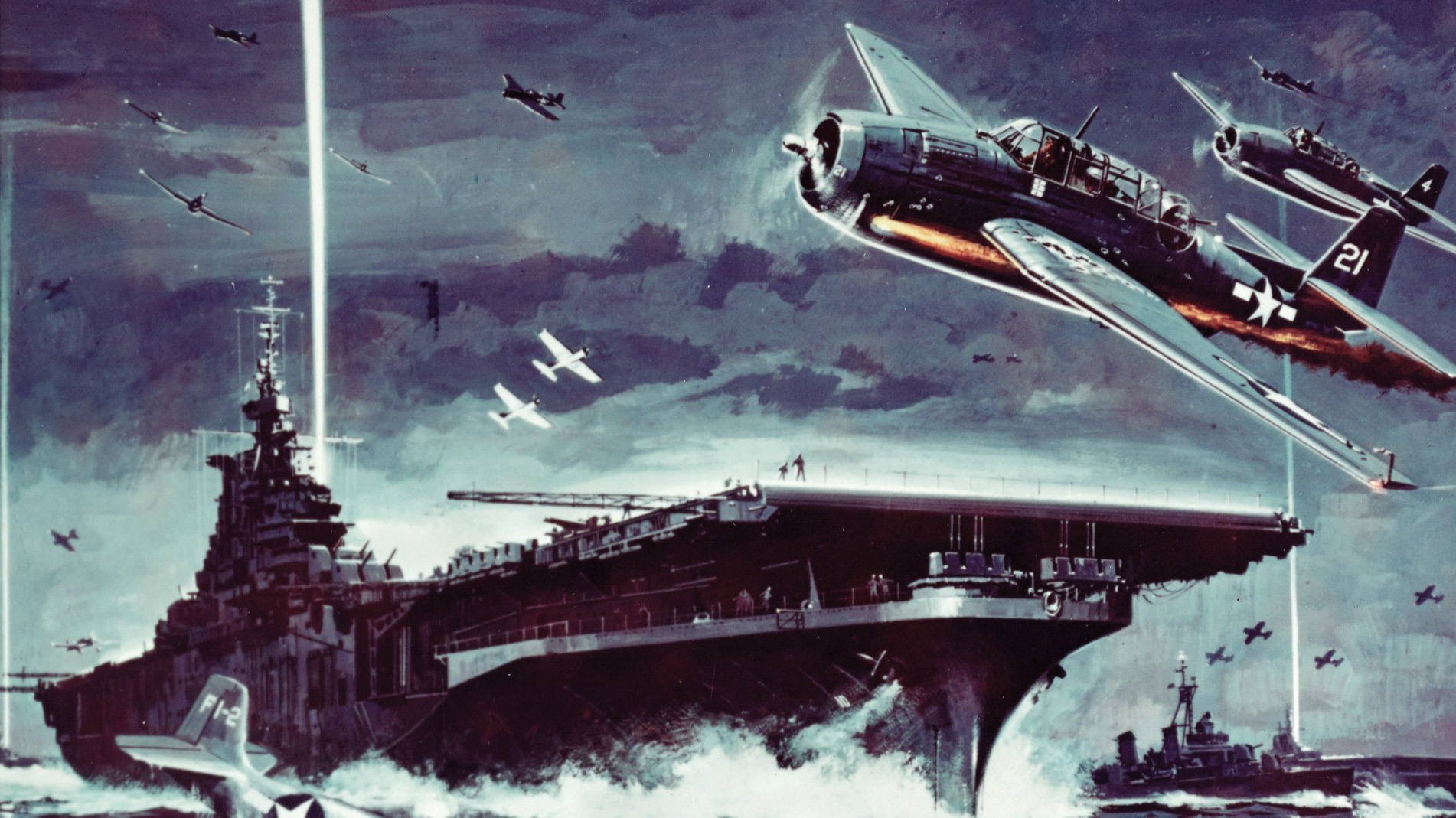
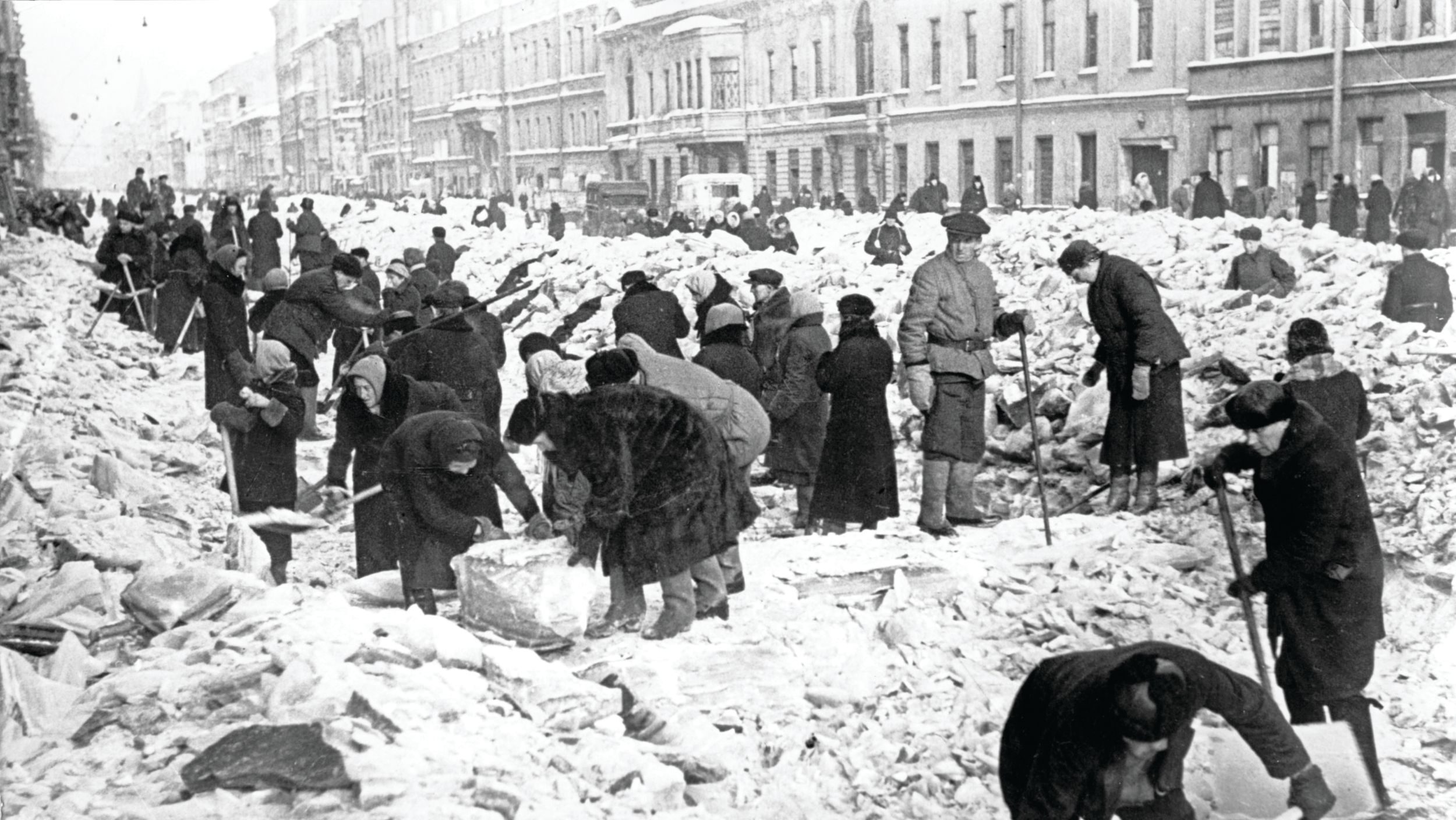
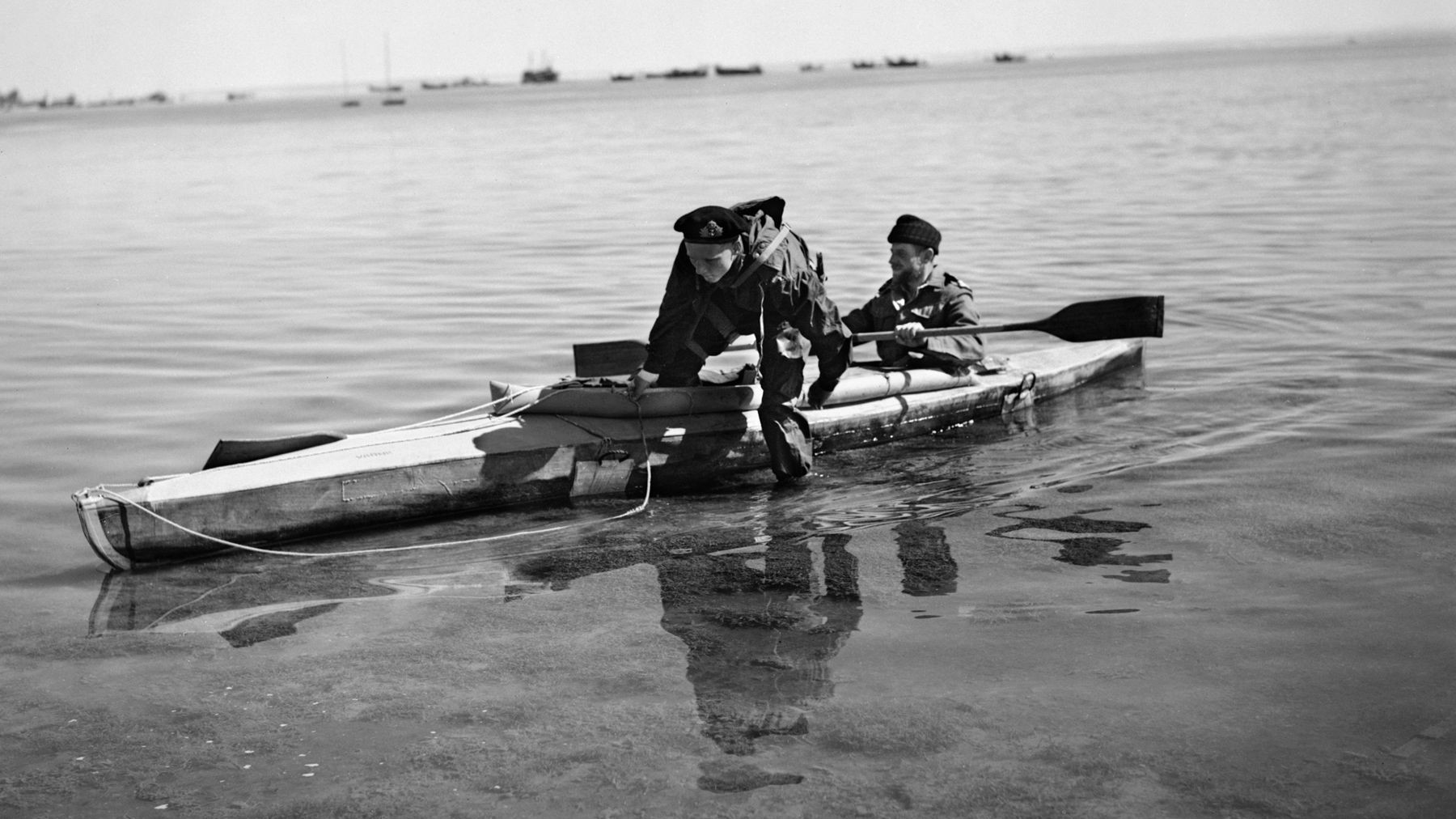
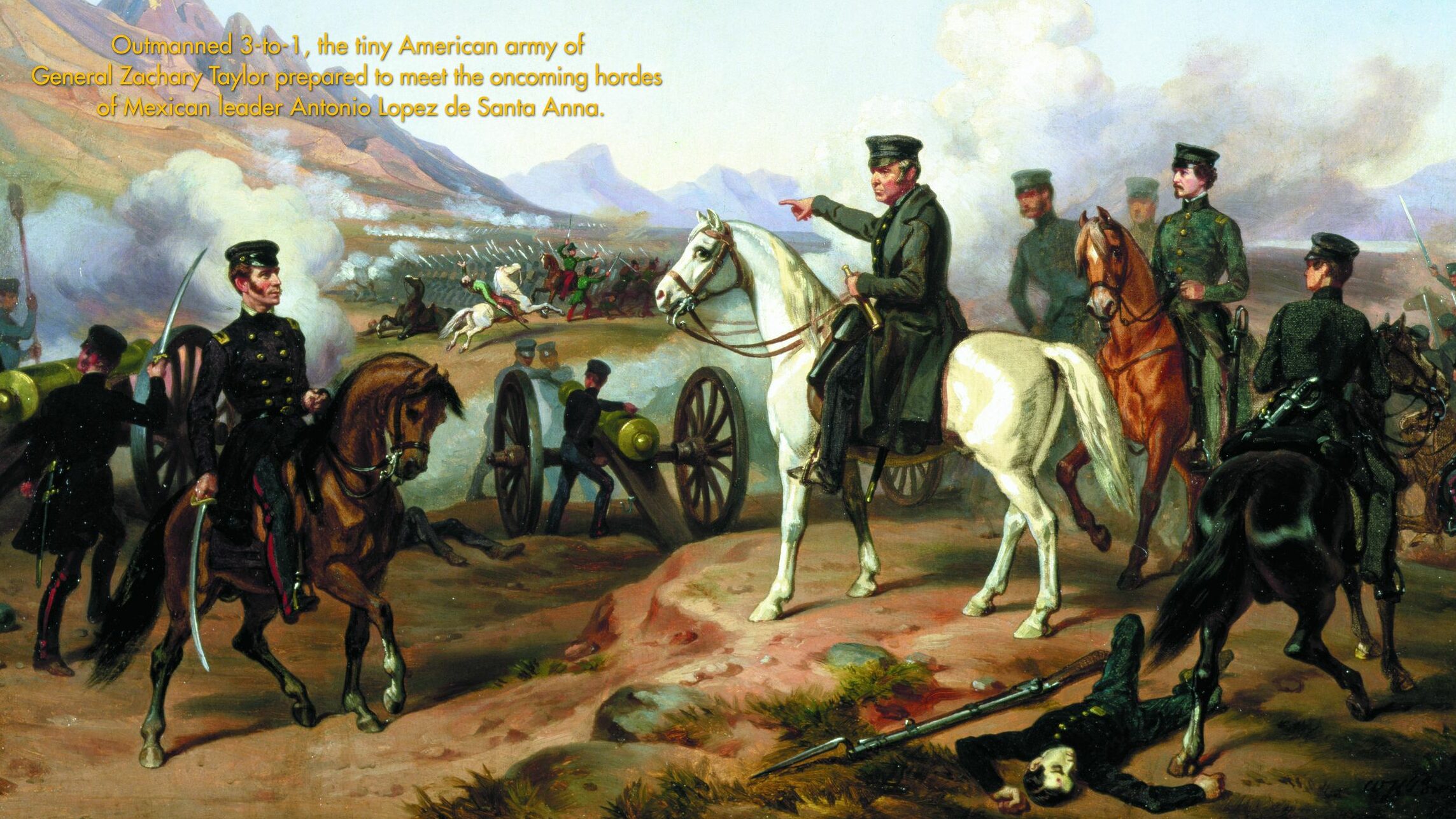
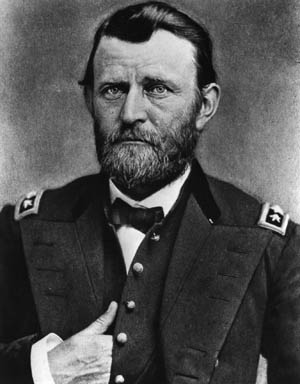
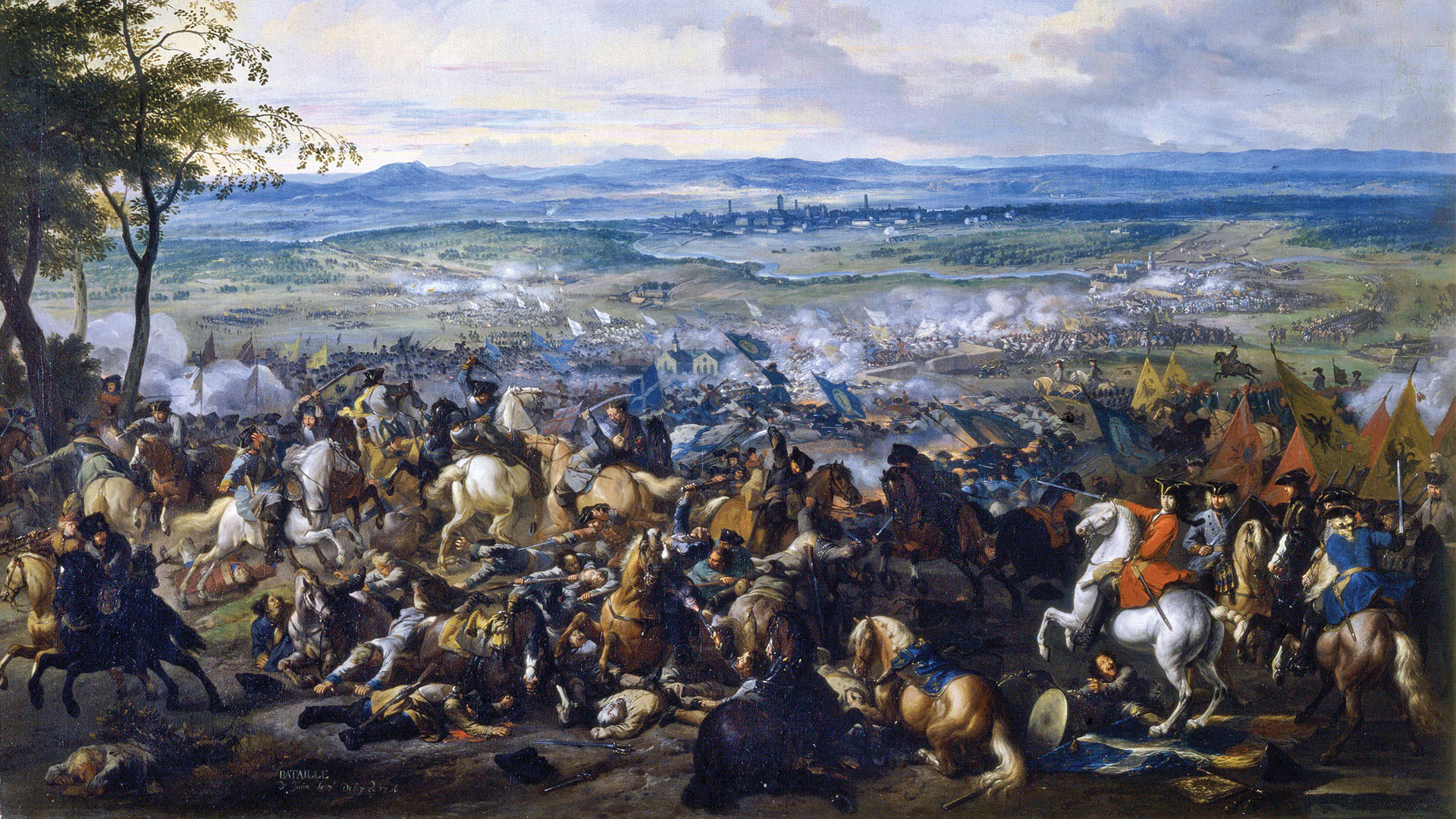
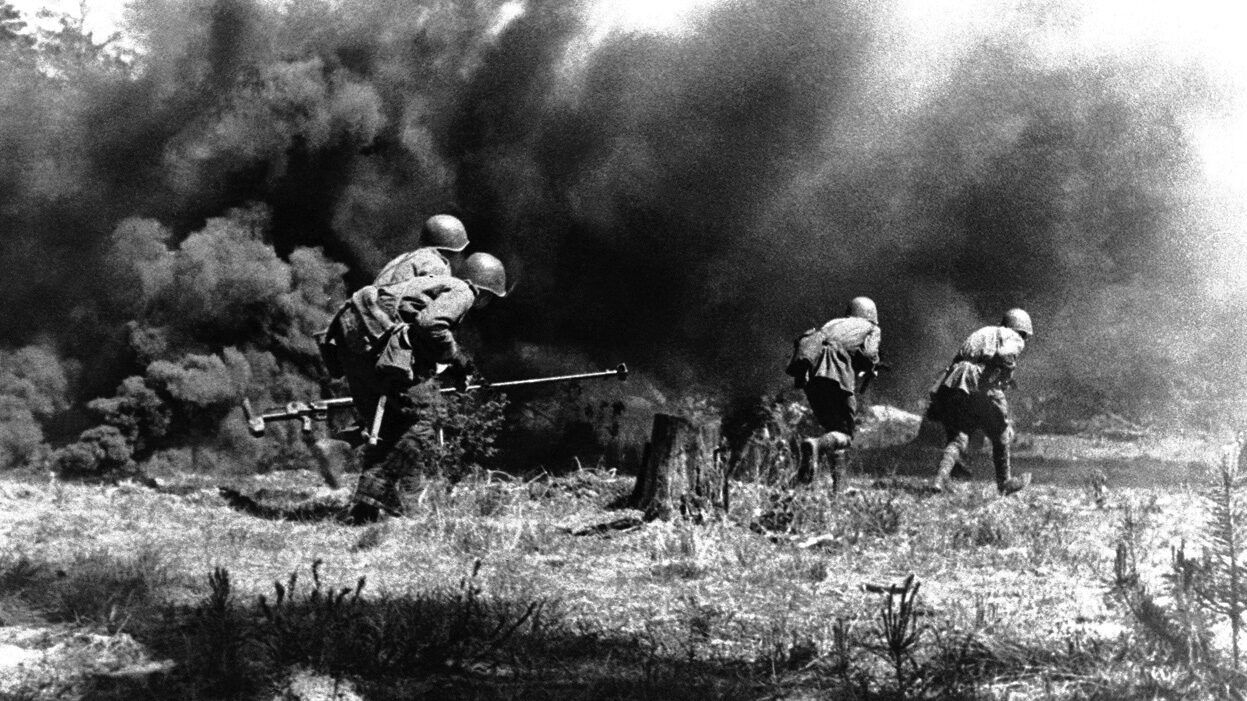
Join The Conversation
Comments
View All Comments